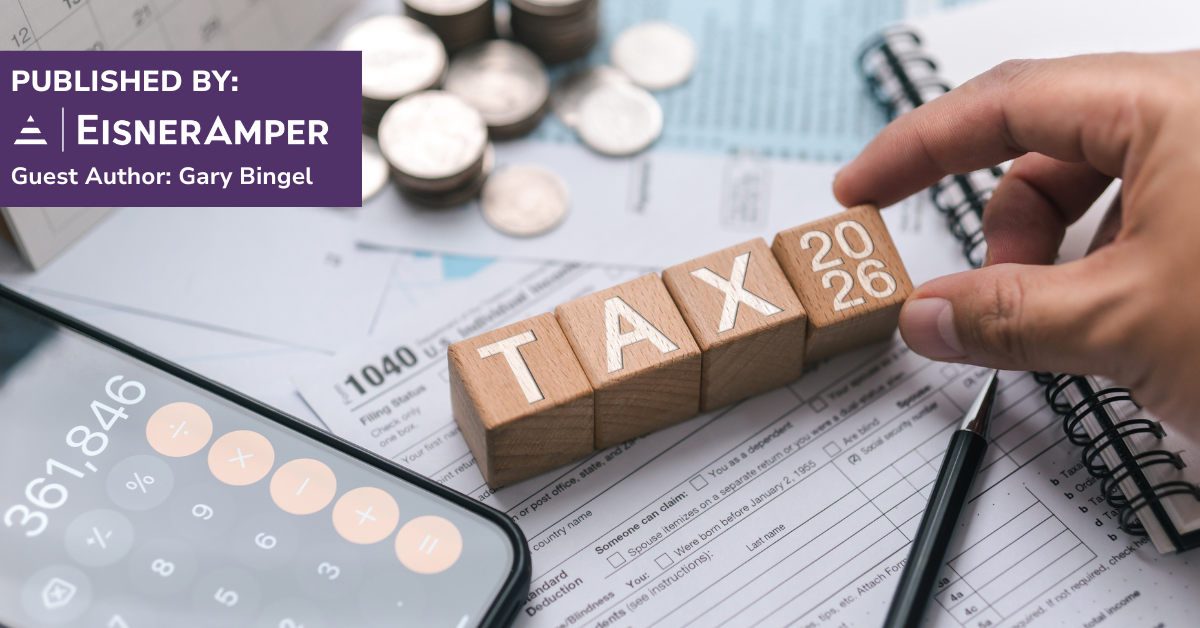As published in
“The Right Value” – Formula Setting
It’s critical for the owner and advisors to have a realistic and objective value of what the business is worth prior to beginning a transaction. A common, and often very costly, mistake is to just use the business’ reported earnings as the sole basis for the valuation. Reported earnings often do not paint a complete and accurate picture and can give an erroneous image of the company’s true worth. Therefore, other factors need to be considered as well, such as normalized or adjusted earnings, which will factor in things like excessive salaries and expenses that are really owners’ perks. Earnings that are “normalized” may also be adjusted for unusual nonrecurring events—for example, a problem of a supplier that slowed sales for a given year but is very unlikely to recur or a new development that makes current earnings more reflective of future earnings than historic earnings that occurred prior to the development. The best way to determine value is to start by looking at earnings, but then to dig deeper and examine the quality of those earnings so that the unique aspects of the business can be incorporated into the analysis. That more robust approach could add or detract significant value. For example, if you sell a product into a certain geographic or demographic niche that prospective buyers are eager to penetrate, then buyers might be willing to pay more for your company because of the value that this niche brings to that specific buyer. On the other hand, there are factors that could lower the valuation of your business. Questions to ask yourself might include: Are there customer or supplier concentrations? Would the loss of a key customer or vital vendor lead to a significantly negative impact on revenue?Factors Impacting Valuation
A key aspect of valuation is not to focus on what the business is worth to the owner but what it is worth to a potential buyer. Buyers are often planning to take your business “to the next level.” So, you should therefore address and weigh the current value of the business as well as the potential value to the prospective buyer. That value includes intellectual property, any market niches, special client base or other strategic aspects that could be lucrative to a buyer.Wide Range Outlook Can Increase Value
To determine the true value of a business, many factors need to be considered. While some less-qualified appraisers will determine the value based on “the numbers,” an appraiser or investment banker may combine solid financials with a wide-range outlook that can provide different vantage points on the soft details of your business and find the “hidden” value in your company. Select a firm that has experience with M&A and valuations and a group who is familiar with selling companies similar to yours.
CLICK FOR MORE INFORMATION
AUTHOR Kevin Wilson





